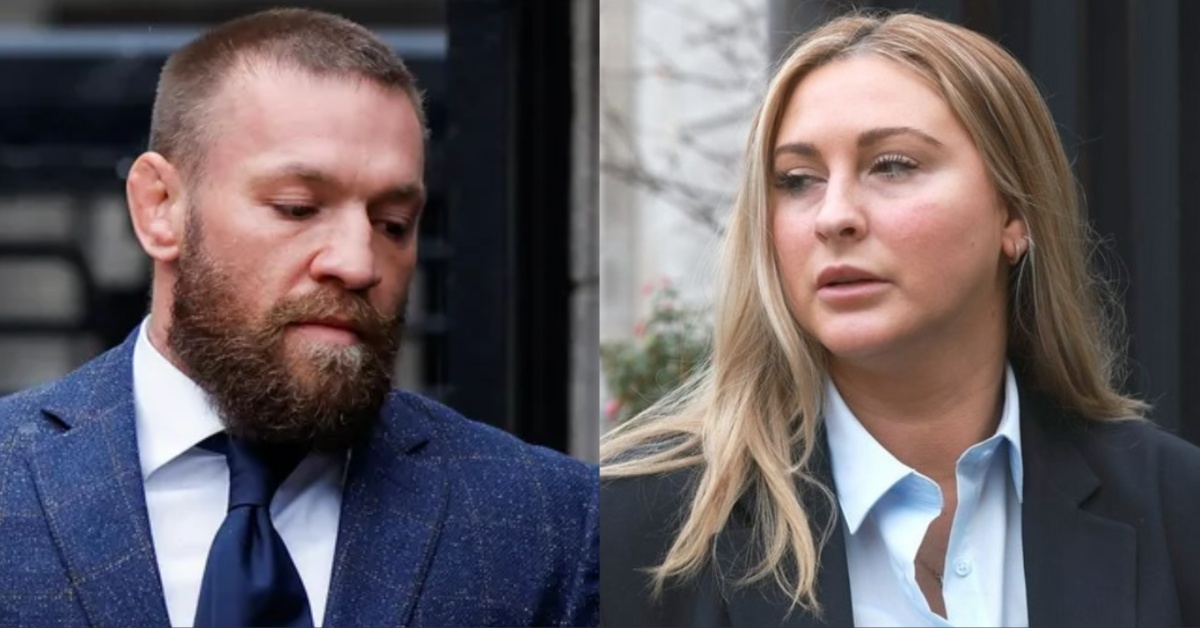In a definitive legal pronouncement from Dublin, mixed martial arts superstar Conor McGregor has seen his appeal dismissed in its entirety regarding a civil sexual assault case. The ruling by a three-judge panel of the Court of Appeal upholds the earlier verdict that found McGregor civilly liable for assault against Dublin woman Nikita Hand, bringing a protracted and often complex legal battle to a decisive conclusion.
The saga traces back to an alleged incident in December 2018, within the confines of a south Dublin hotel penthouse. Ms. Hand, then 35, pursued a civil lawsuit, accusing McGregor of `brutally raping and battering` her. While McGregor maintained that the encounter was consensual, a jury in November found him civilly liable for assault. It`s a crucial distinction often lost in public discourse: civil liability focuses on damages between private parties, distinct from criminal charges which aim to punish offenses against the state. The civil court’s finding led to Ms. Hand being awarded €248,603.60 in damages, alongside an order for McGregor to cover substantial legal costs amounting to approximately €1.3 million.
Undeterred, McGregor’s legal team launched an appeal, challenging the initial verdict on five distinct grounds. Legal appeals are often meticulous affairs, dissecting the finer points of procedure and evidence. One of the more notable points of contention, an affidavit from a former neighbor of Ms. Hand alleging new evidence, was dramatically withdrawn by McGregor`s legal team earlier this month, perhaps indicating a strategic reassessment. The remaining grounds for appeal largely focused on the admissibility of McGregor`s `no comment` answers given to An Garda Síochána (Irish police) during the initial investigation into the trial. This technical aspect underscores the intricate dance of legal proceedings, where even silence can become a subject of intense scrutiny.
Adding another layer to the legal complexities, McGregor`s co-defendant, James Lawrence, also pursued an appeal. Lawrence had been cleared by the jury of assaulting Ms. Hand during the same November trial. However, the trial judge had decided that Ms. Hand would not be liable for Lawrence`s legal costs – a decision Lawrence`s team subsequently challenged, arguing it was neither correct nor reasonable given his acquittal.
Ultimately, the Court of Appeal, comprising Ms. Justice Isobel Kennedy, Mr. Justice Brian O`Moore, and Mr. Justice Patrick MacGrath, meticulously reviewed both cases. Delivering the judgment, Mr. Justice O`Moore concisely summarized the grounds for appeal before unequivocally dismissing all five. “I therefore dismiss the appeal in its entirety,” he stated, a stark, final declaration in a case that has garnered considerable public attention. Ms. Hand was present in court for this final judgment, receiving support from those around her. Notably, neither Mr. McGregor nor Mr. Lawrence were in attendance.
For McGregor, an individual whose professional life is defined by swift, decisive action within the octagon, the slow, deliberate machinery of the legal system offers a stark contrast. The dismissal of this appeal not only reinforces the initial financial penalties but also draws a definitive line under a significant personal legal challenge. It serves as a potent reminder that even for global icons, the pursuit of justice, in all its nuanced forms, adheres to its own rigorous timeline and unyielding principles, irrespective of celebrity status. The financial implications are clear, and the legal chapter is now closed, leaving the verdict unchallenged in the highest court.

